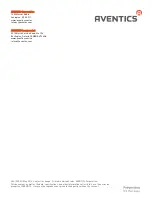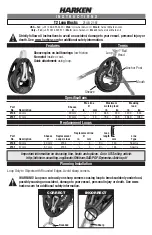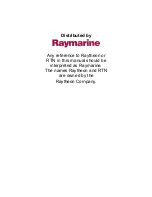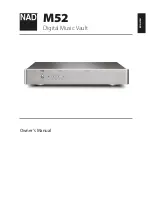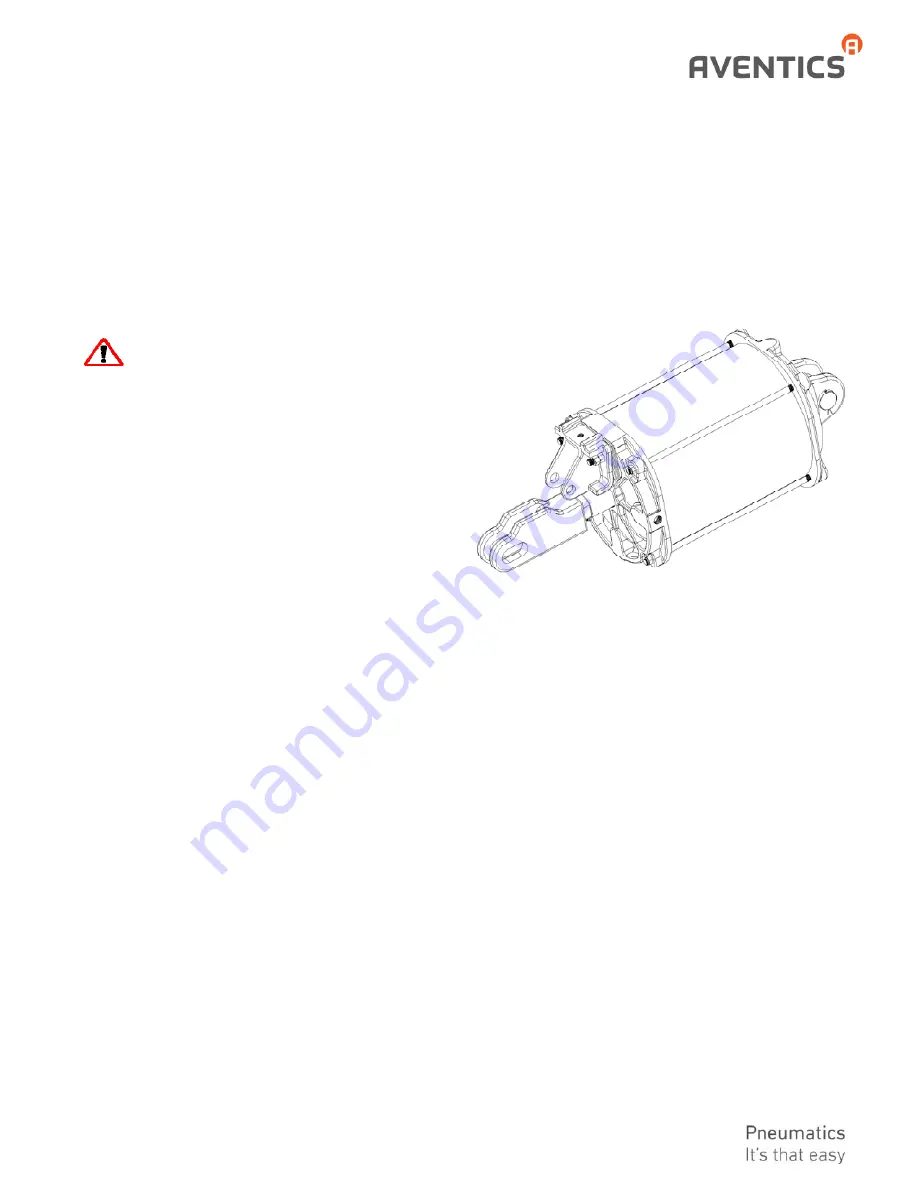
SM-1000.53
Pneumatic Cylinder
14” Bore X 12.5” Stroke
Part No. R434001033
(Formerly P -323867-00000)
SERVICE INFORMATION
WARNING: INSTALLATION AND
MOUNTING
The user of these devices must conform to all applicable
electrical, mechanical, piping and other codes in the
installation, operation or repair of these devices.
INSTALLATION!
Do not attempt to install, operate or
repair these devices without proper training in the
technique of working on pneumatic or hydraulic systems
and devices, unless under trained supervision.
Compressed air and hydraulic systems contain high
levels of stored energy. Do not attempt to connect,
disconnect or repair these products when a system is
under pressure. Always exhaust or drain the pressure
from a system before performing any service work.
Failure to do so can result in serious personal injury.
MOUNTING!
Devices should be mounted and
positioned in such a manner that they cannot be
accidentally operated.
INSTALLATION
Before installing this cylinder, all air lines in the system
should be blown clean to remove any moisture or loose
material. Also, the area in which the cylinder is to be
mounted should be free of any foreign objects, which
may damage the cylinder barrel. To further ensure a
long, trouble-free service, an efficient air filter should be
installed in the system’s supply line.
Start the installation by removing one cotter pin and
clevis pin from the clevis on the cap end of the cylinder.
Set the cylinder into the mounting position with the cap
clevis mating with the mounting eye. Reinstall the clevis
pin through the clevis lugs, and the cotter pin into the
clevis pin. Spread the ends of each cotter pin so that
they will not fall out. You can now connect the piston rod
end to the mounting bracket, noting proper alignment to
eliminate any binding.
Remove the thread protectors from each pipe port in
the head and cap; connect air lines from the directional
control valve. Use pipe dope on the air line fittings, not
any kind of tape. Be sure no foreign matter enters the
ports or air lines during the time they are open.
If the cylinder is to be painted, be sure that the piston
rod is covered, the ports are closed, and the clevis pin is
covered where it rides in the clevis.
The supply air and atmospheric (ambient) condition
must be maintained within a temperature range of –
40°F to +225°F.
OPERATION
When the cylinder installation is completed correctly,
air pressure delivered from the directional valve to the
port on the cap end of the cylinder will extend the piston
rod. A shift of the valve to exhaust that air and to apply
air pressure to the port on the head end will retract the
piston rod.
ADJUSTMENTS
No adjustments are required after the cylinder is
installed and properly aligned.





